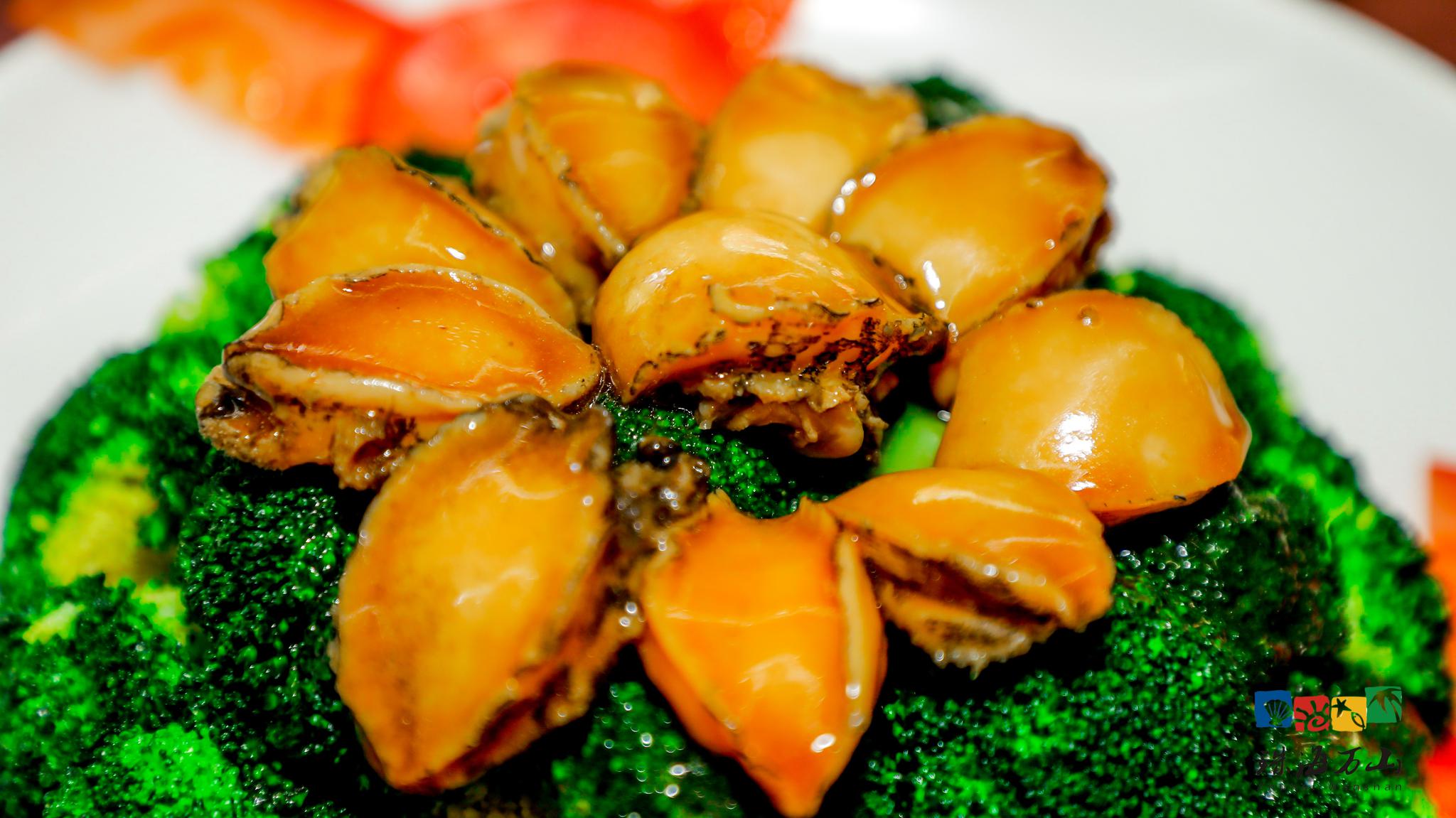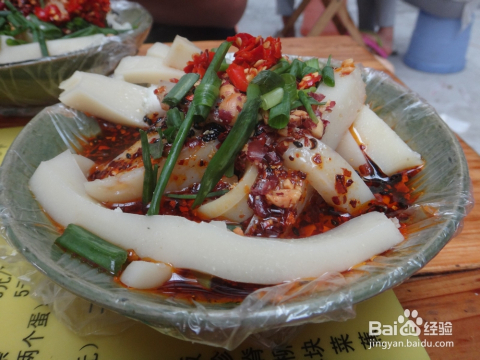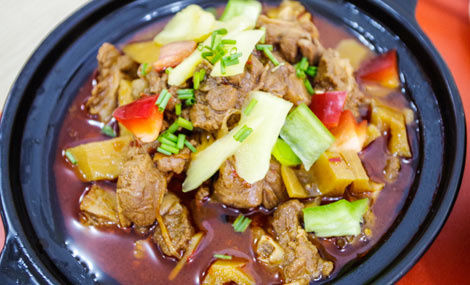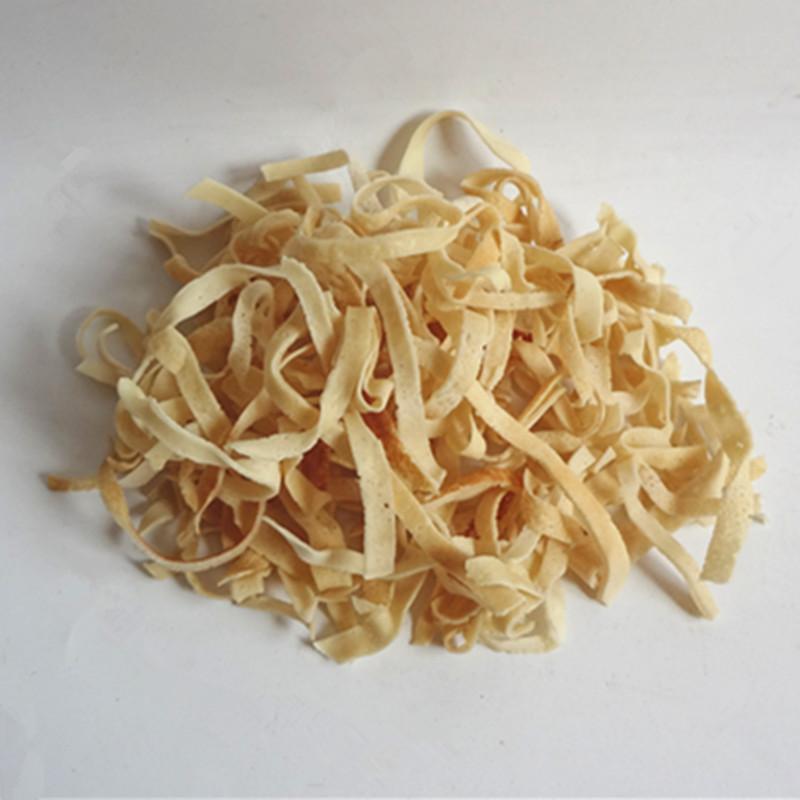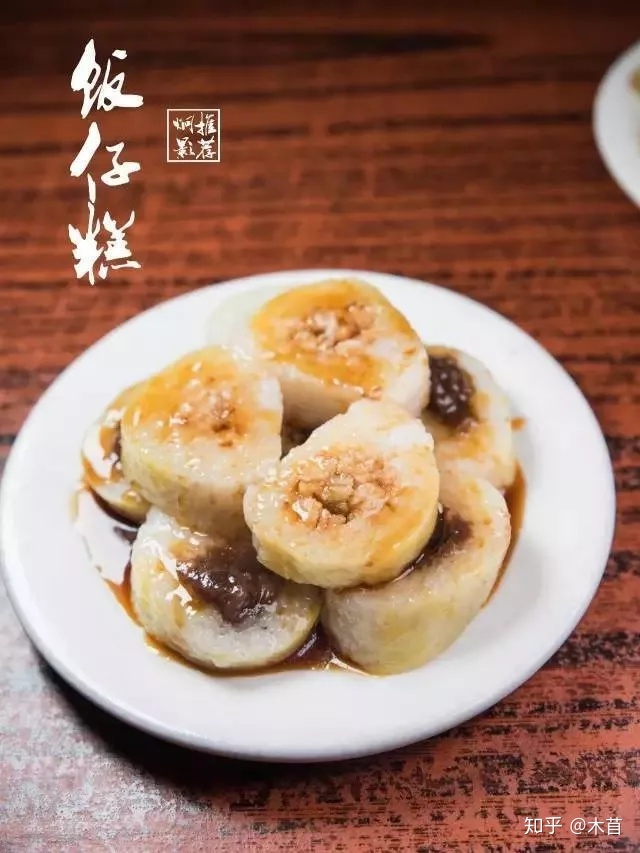一、用英语介绍乌克兰的饮食、历史等
Ukraine (i/juːˈkreɪn/; Ukrainian: Україна, tr. Ukrayina [ukrɑˈjinɑ]) is a sovereign state in Eastern Europe,[8][9][10][11] bordered by Russia to the east and northeast, Belarus to the northwest, Poland and Slovakia to the west, Hungary, Romania, and Moldova to the southwest, and the Black Sea and Sea of Azov to the south and southeast, respectively. Ukraine is currently in territorial dispute with Russia over the Crimean Peninsula which Russia annexed in 2014[12] but which Ukraine and most of the international community recognise as Ukrainian. Including Crimea, Ukraine has an area of 603,628 km2 (233,062 sq mi),[13] making it the largest country entirely within Europe and the 46th largest country in the world. It has a population of about 44.5 million, making it the 32nd most populous country in the world.
二、用英语详细介绍乌克兰著名的历史事件,旅游景点和饮食文化 求有质量的翻译回答! 万分感谢!
Sports such as football and arm wrestling have been popular in Ukraine since the 19th century, when strongman Ukrainian wrestler Ivan Piddubny was a real legend throughout Europe. Legends of the 20th century include such names as pole vault champion Sergey Bubka (35 world records), and footballers like Oleg Blohin, twice European Footballer of the Year. Ukrainian gymnasts like Larisa Latynina and Iryna Deryugina both took a haul of Olympic medals in their time. Latynina won 9 gold, 5 silver and 4 bronze medals when she competed as part of the Soviet Union.
Today Ukraine gives the international sports scene such names as boxers Vitaly and Vladimir Klichko, track and field athlete Zhanna Pintusevich, tennis player Andriy Medvedev, swimmer Yana Klochkova, gymnast Anna Bezsonova, and footballer Andriy Shevchenko, who is considered as a national hero in Ukraine. With the contribution from Shevchenko, Ukraine made its very first appearance in the 2006 FIFA World Cup held in Germany.
The 1996 Summer Olympics in Atlanta was Ukraine’s first participation in the Summer Olympics by itself after the dissolution of the Soviet Union. In its very first appearance, Ukraine has done well in winning nine gold, two silver and twelve bronze medals, and was ranked 9th in the overall medal tally. Out of the nine gold medals, four of them were from gymnastics.
Ukraine has also competed at the 2000 Summer Olympics in Sydney. Ukraine"s Yana Klochkova dominated the Ukrainian sports world by winning two gold medals in Sydney. She broke the world"s record for the women"s 400-meter individual medley and won Ukraine"s its first gold medal at the Sydney Olympic Games. Ms. Klochkova smashed the world record with her time of 4:33.59. Three days later, she won another gold medal in the women"s 200-meter individual medley, setting a new Olympic record with a time of 2:10.68. Ukraine won a total of three gold, ten silver and ten bronze medals from the Sydney games.
Yana Klochkova retained her Olympic titles for the 200-metre and 400-metre medley relay four years later in the Athens 2004 Olympics. In Athens, Ukraine won a total of nine gold, five silver and nine bronze medals.
Culture
Ukraine has approximately 1% of the world"s population, but 6% of the world"s physicists, chemists, mathematicians, biologists, computer programmers and other highly trained professionals. Many communist leaders for Soviet Union such as Nikita Khrushchev and Leonid Brezhnev came from Ukraine. Many Soviet sportsmen, scientists, writers and poets were Ukrainian.
Bborscht, painted eggs and many of the famous Cossack song and dance traditions originated in Ukraine. Western Ukrainians consider themselves to be 100% Ukrainian and the vanguard of their culture, speaking their language and trumpeting their nationalism. In the east, where over 10 million ethnic Russians live, nationalism is less intense, and most people speak Russian.
Ukrainian music has its roots in centuries-old oral traditions of bylyny (epic narrative poems) and dumas, which were long lyrical ballads glorifying the exploits of the Cossacks. The roots of Ukrainian folk music lie in the legendary kobzar, wandering minstrels of the 16th and 17th centuries who accompanied their songs of heroic exploits (mostly of the Cossacks) with the kobza, a lute-like instrument. The bandura, a larger instrument with up to 45 strings, replaced the kozba in the 18th century. Bandura choirs were soon all the rage, and the instrument became the national symbol. Today, the Ukrainian Bandura Chorus from Kiev performs worldwide. Mykola Lysenko is probably the best known Ukrainian classical composer, famous for basing piano works on Ukrainian folk songs. Popular contemporary musicians include the punk band Plach Yeremiyi and the singer-songwriter Nina Matvienko, who draws heavily on Ukrainian folk traditions.
三、乌克兰有哪些代表食物
乌克兰的美食。
一、罗宋汤,罗宋汤是一道经典的、发源自乌克兰的美食。罗宋汤是一种浓菜汤。大多以甜菜为主料,常加入红萝卜、马铃薯、菠菜和牛肉、奶油等熬煮,因此是像比较稀的粥靡的汤,呈紫红色。有些地方以番茄为主料,甜菜为辅料。也有很多不同的变式做法。
二、乌克兰饺子(Varenyky),乌克兰也吃饺子,而且实际上饺子的起源正是来自东欧和西亚,是当地的传统面食。不过乌克兰毕竟和中国不同地方,物产不同他们的人民也有着和我们不同的口味偏好,他们的饺子馅和我们不同,只要合适能包进面皮里进行烹饪他们都会尝试,所以从基本的农家奶酪、土豆泥到南瓜、荨麻或草莓,他们有很多我们意想不到的馅料。和我们相同的是,饺子也是他们的日常主食之一。
三、乌克兰腌肉(萨洛),萨洛是乌克兰当地的传统美食,拥有千年的历史。当地人将当地的猪肉切条,精选肥肉用盐细细包裹,腌制十天半个月后,直接切片就吃或者按口味蘸酱。其实很像我们国内一些地方的腌咸肉,但不像金华火腿那样的苛刻发酵,而是非常淳朴的生腌猪肉,据说口感非常醇厚,配伏特加一绝。
四、基辅炸鸡(ChickenKyiv),基辅炸鸡是一道非常有俄罗斯风情的美食,他们将黄油和一些蔬菜作馅,用鸡胸肉包裹后,再裹面粉、面包屑等进行油炸至金黄,是一道超级好吃的肉食,在世界各地很多餐厅都有供应。
五、乌克兰肉冻,乌克兰肉冻是当地人最喜欢的冷盘之一,但也和我们国内福建的土笋冻一样,也是外国客人会理解为“黑暗料理”的食物。六、各种熟饼食、甜点,乌克兰人热爱甜食,当地有很多甜点食品。像是传统小煎饼,口感很像千层饼,表面会加上各种果酱和鲜果,淋上炼乳,巧克力或者糖浆之类,当然也有不同口味,有的地方会做成咸饼,浇上蘑菇酸奶油汁享用






